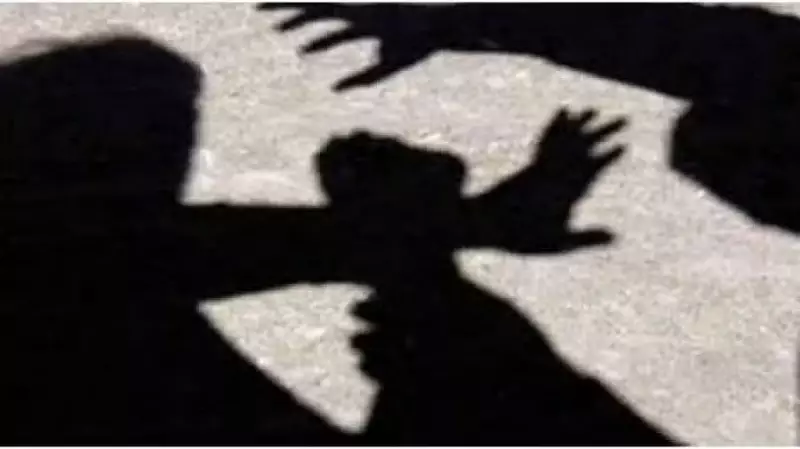
In a disturbing incident that has sent shockwaves through Madhya Pradesh, a 35-year-old Dalit man became the victim of extreme caste-based violence in Guna district. The victim was subjected to a brutal physical assault and forced to drink urine by a group of men in a horrifying display of cruelty.
The attack, which occurred on Tuesday, stemmed from a financial dispute between the victim and the accused. According to police reports, the altercation began over monetary matters and quickly escalated into violent caste-based humiliation.
Graphic Details of the Assault
Local authorities have confirmed that the victim was not only severely beaten but also subjected to the degrading act of being forced to consume urine. The perpetrators filmed the entire incident, adding digital humiliation to physical torture.
"The victim has filed a complaint, and we have registered a case under relevant sections of the IPC and the SC/ST (Prevention of Atrocities) Act," stated a senior police official from Guna district.
Swift Police Action
Following the registration of the case, Guna police moved quickly to apprehend the suspects. Three individuals have been arrested in connection with the crime, while authorities continue to search for other potential suspects involved in the attack.
The police have assured the victim and his family of complete protection and have promised a thorough investigation into the matter. "We are taking this case very seriously and will ensure that justice is served," the police official emphasized.
Growing Concern Over Caste Violence
This incident highlights the persistent issue of caste-based discrimination and violence in various parts of India. Despite stringent laws and increased awareness, such atrocities continue to surface, particularly in rural and semi-urban areas.
Human rights organizations and Dalit rights activists have long been advocating for stronger implementation of protective laws and better sensitization of law enforcement agencies to handle such cases with the urgency they deserve.
The case has drawn attention from local political leaders and social activists who are demanding strict punishment for the perpetrators and better protection mechanisms for vulnerable communities.





